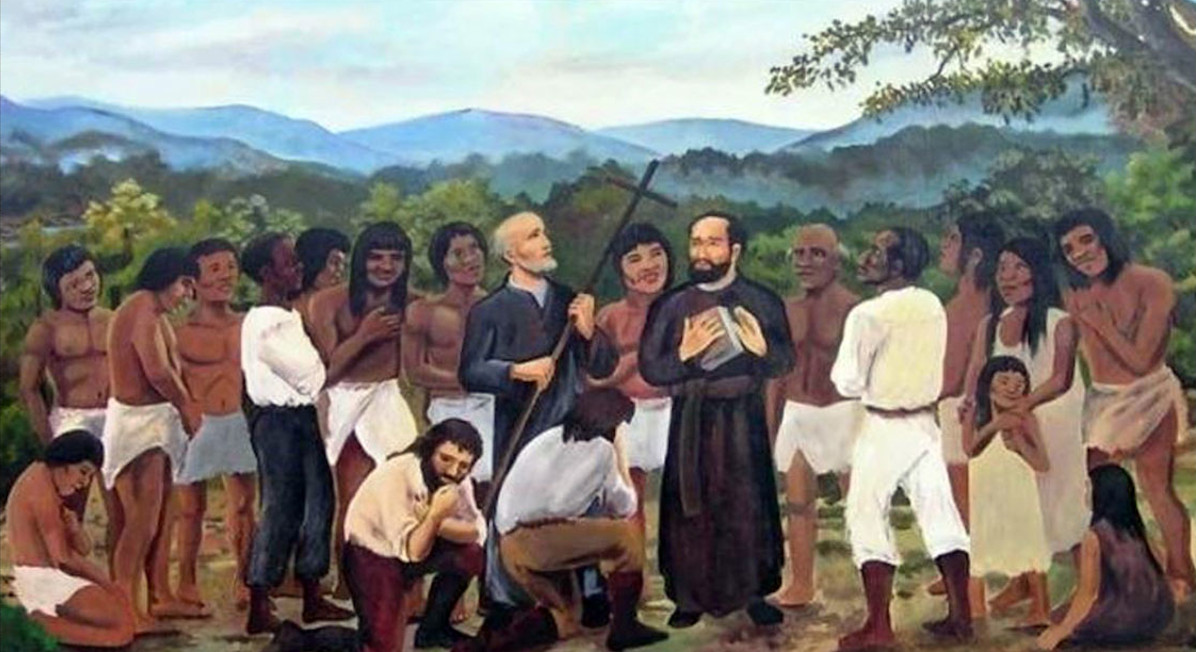 Fr Giovanni Antonio Solinas SJ has been declared blessed together with diocesan priest Pedro Ortiz de Zárate during a beatification ceremony in Argentina presided over by the Prefect of the Congregation for the Causes of Saints, Cardinal Marcello Semeraro, on 2 July.
Fr Giovanni Antonio Solinas SJ has been declared blessed together with diocesan priest Pedro Ortiz de Zárate during a beatification ceremony in Argentina presided over by the Prefect of the Congregation for the Causes of Saints, Cardinal Marcello Semeraro, on 2 July.
Known as the Martyrs of Zenta, Fathers Solinas and Ortiz de Zárate were murdered in the remote valley of Zenta, a region in north-west Argentina, while bringing the Gospel to the native peoples in 1683.
Born on 15 February 1643 in the village of Oliena, on the island of Sardinia, now part of Italy, Giovanni Antonio Solinas encountered the Jesuits in their college and received from them a solid cultural and religious formation. He entered the Society of Jesus in Cagliari on 12 June 1663 and was ordained in Seville in 1673. Immediately after ordination, he was sent to the old Province of Paraguay (straddling the territories of present-day Paraguay, south-eastern Bolivia, northern Argentina, southern Brazil, and Uruguay) where for 10 years he served in the reductions established by the Jesuits to help the indigenous peoples have a better life and live in peace.
He was sent to the Zenta Valley, today in the province of Salta in Argentina, and, with Jesuit companions Fr Diego Ruiz and Br Pedro de Aguilar, was part of the missionary expedition organised in 1683 by Fr Ortiz de Zárate to try to establish peace with the indigenous groups. On 27 October 1683, Fathers Solinas and Ortiz de Zárate were attacked by members of the Toba and Mocoví peoples, charging them with arrows, spears, clubs, and sticks, killing them along with 18 lay persons.
Fr General Arturo Sosa SJ in his letter to the whole Society noted the faithfulness of the martyrs in “persevering in their commitment to reconciliation between different groups in the area, going so far as to be willing to give their lives for this and to forgive their assailants”.
He also stressed the missionary qualities exemplified by Fr Solinas and his Jesuit companions, particularly their detachment from their own customs and habits, and their inculturation, which “allowed for the communication of the Gospel that responded to the needs and circumstances of the people who received it”.

